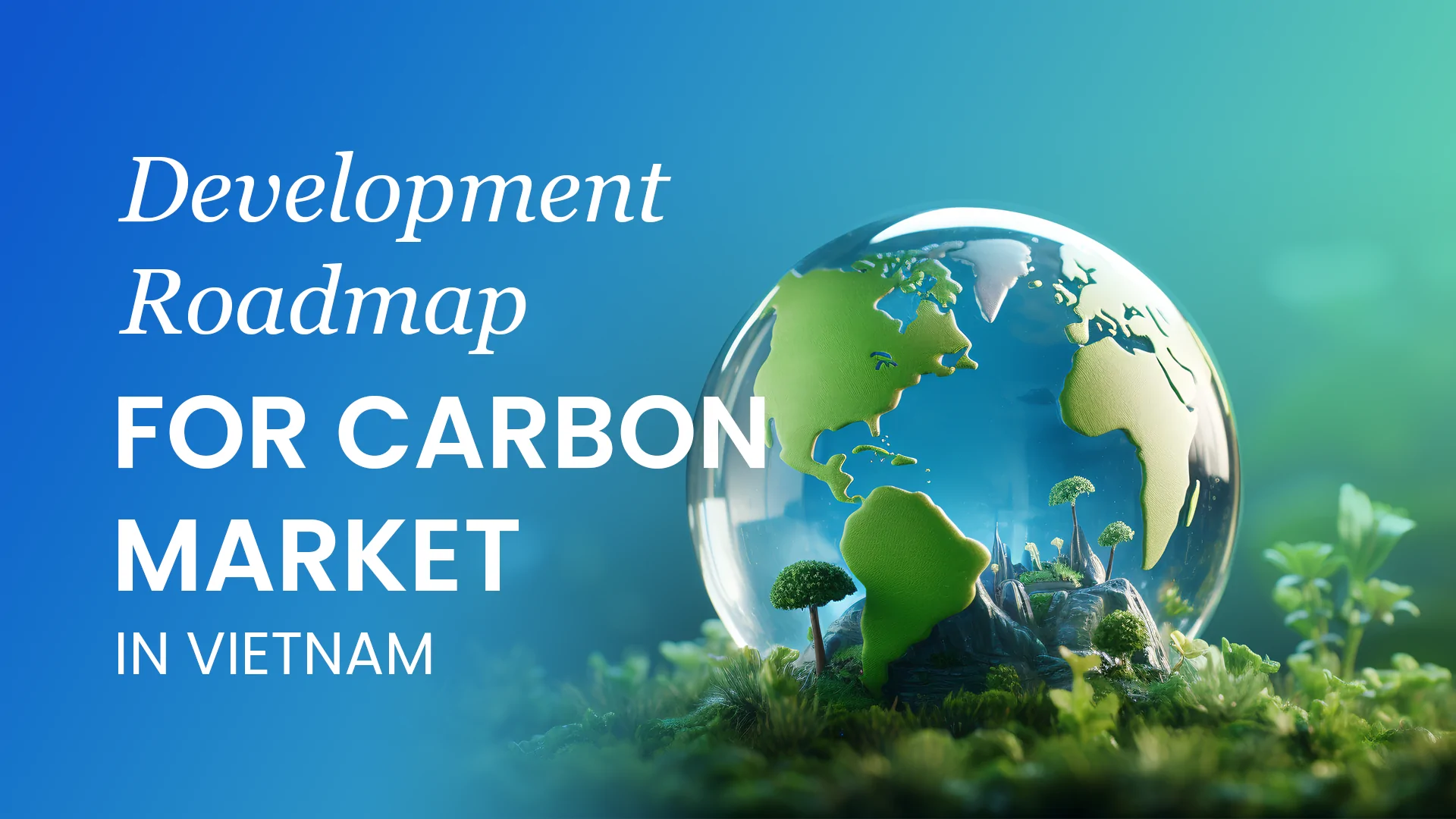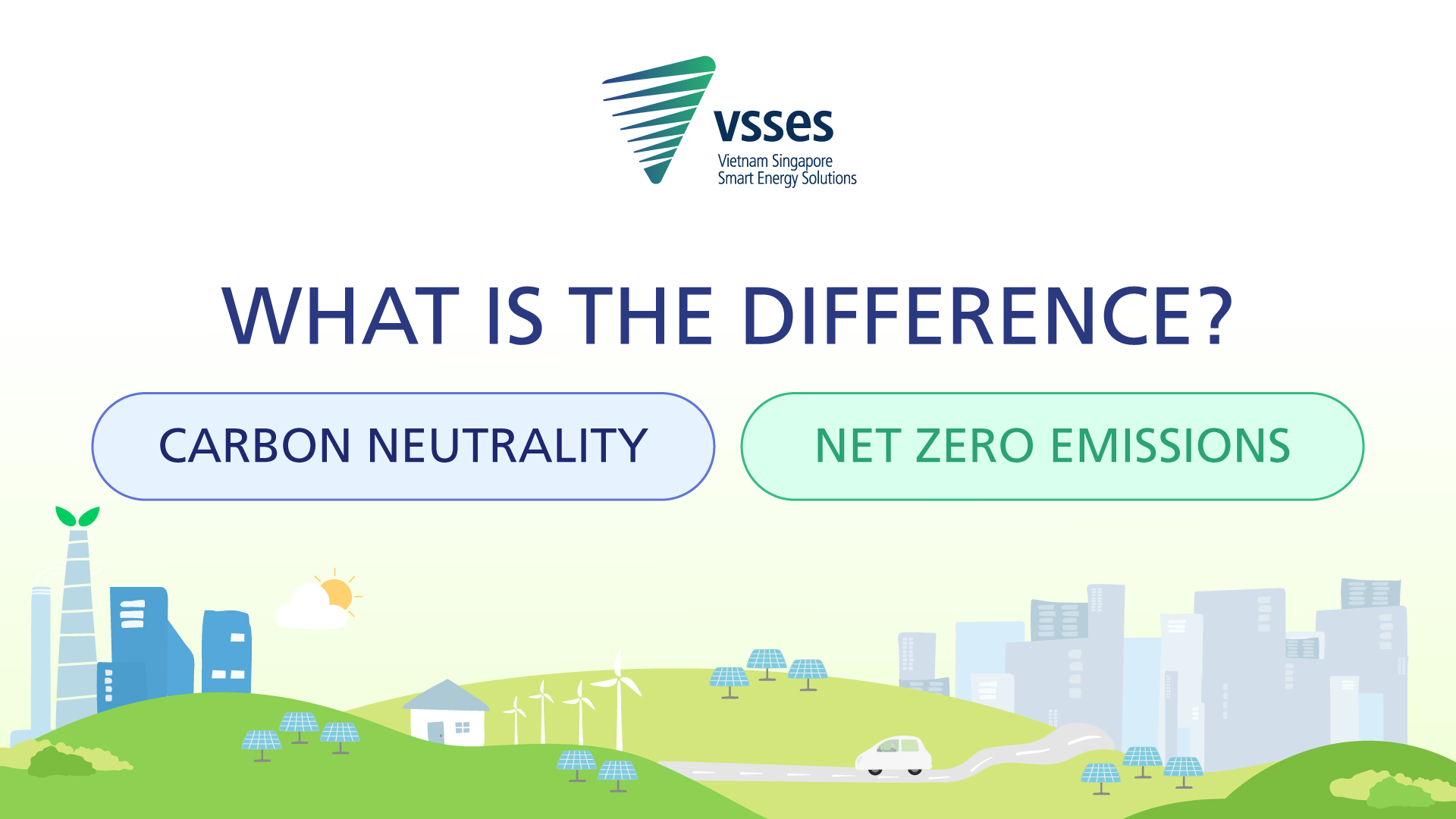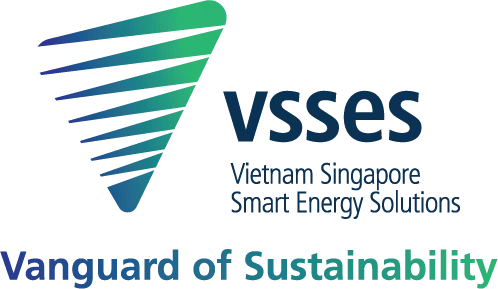What do you know about the Renewable Energy Certificate?
The REC is essential to a carbon reduction plan to promote renewable and sustainable energy production. RECs allow customers to purchase the environmental attributes associated with the generation of renewable power, without directly purchasing electricity.

What are RECs?
A REC is a tradeable, market-based instrument that represents the legal property rights to the “renewable-ness” or non-power (i.e., environmental) attributes of renewable electricity generation.
- One REC is issued when one megawatt-hour (MWh) of electricity is generated and delivered to the electricity grid from a renewable energy resource.
- While RECs are applicable to renewable energy consumed in Europe and North America, in the Asia market, specifically in Vietnam, this certificate will be called I-RECs, which stands for International Renewable Energy Certificates.
There will be a local issuer with responsibility for issuing RECs in a specified country or region. The issuer in Vietnam is the Green Certificate Company (GCC).
RECs Market
RECs can be used for both voluntary and compliance purposes.
- Voluntary markets, in which stakeholders choose to consume clean electricity. End-users in voluntary REC markets often follow best practice guidelines from sustainability reporting frameworks.
- Compliance markets, in which a government requires specific entities to consume renewable electricity, e.g., Renewable Portfolio Standards (RPS) and Renewable Portfolio Obligations (RPOs).
Attributes
RECs include several data attributes, such as:
- When it was produced (called vintage)
- Who produced it
- Where it was produced
- What renewable energy technology was used
Depending on the market in which the REC is generated, other attributes may be associated with the certificate.
What makes RECs important for business?
Electricity is not a tangible product that can be boxed and sent from the producer to the consumer. Instead, a producer injects an electrical charge into the grid in one place and a consumer (somewhere else) takes the same amount of charge off the grid. There is no way to track electrons through a grid. Therefore, the only reliable mechanism for making claims about the use of a specific charge that was taken off the grid is a system that books all injected charges as unique units (megawatt-hours (MWh)).
Using RECs, a type of Energy Attribute Certificate (EAC), end-users around the world can make reliable claims about their energy usage such as: “My factory runs on 100% renewable energy”, “our products are made with 100% wind energy” and “our global electricity usage causes zero end-of-pipe emissions.” In other words, the International Renewable Energy Certificate (I-REC) allows businesses to demonstrate that the electricity they produce and put on the grid is from renewable sources, helping to differentiate it from other non-renewable energy sources also connected to the power grid.
Why use RECs?
Having I-REC helps businesses demonstrate their commitment to ESG practices and sustainable development, attracting investors and enhancing competitiveness in the market.

Contact with VSSES now to be assissted in the process to achieve Renewable Energy Certificates (RECs) and enjoy clean energy with zero upfront investment.
- Hotline: 0274.730.7999
- Email: contactus@vsses.com
- See our featured projects



